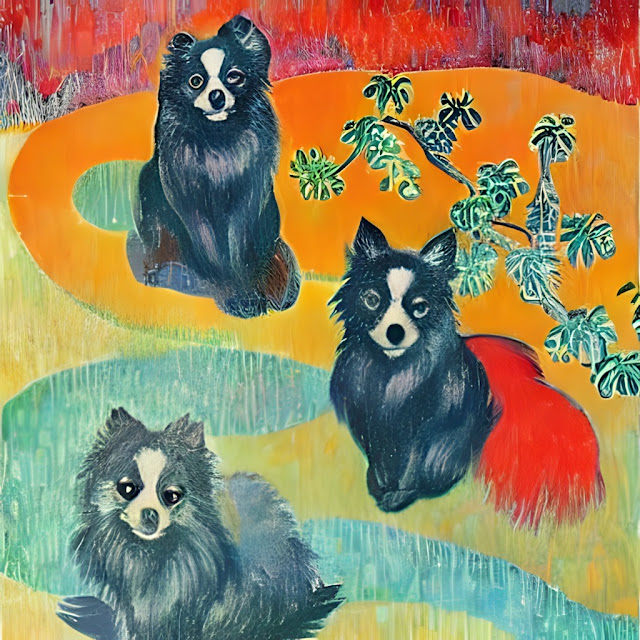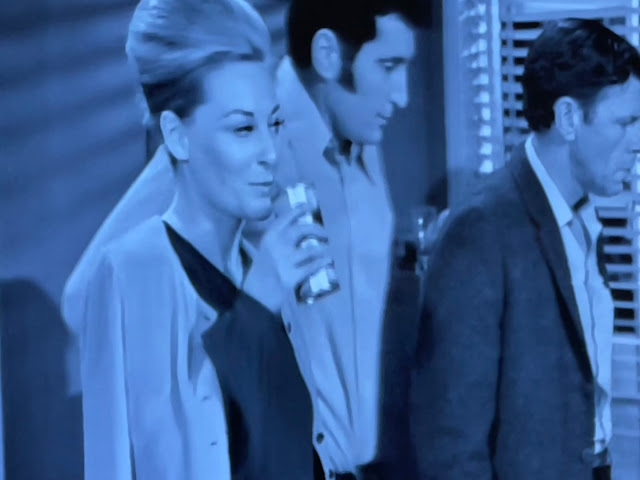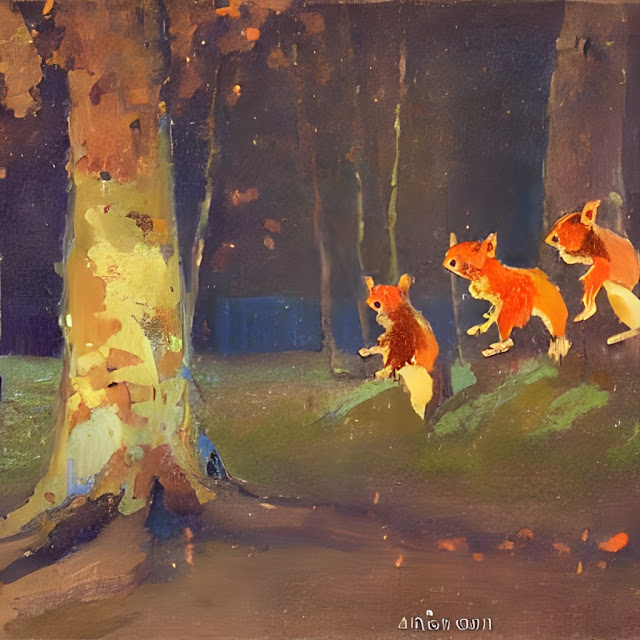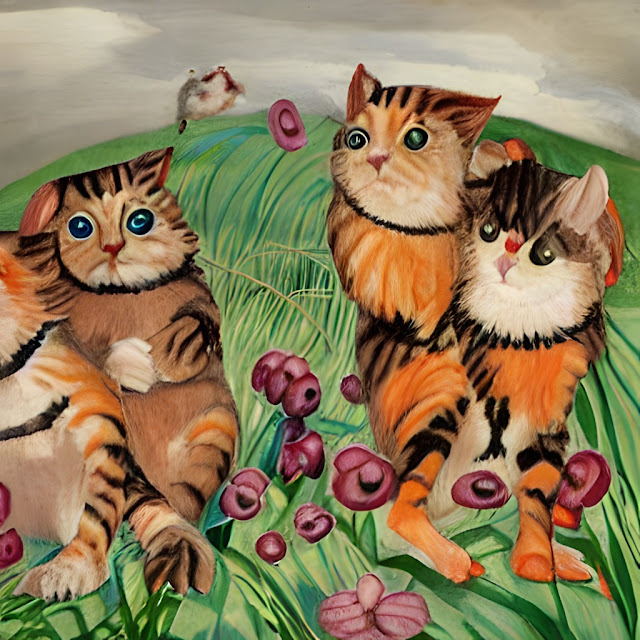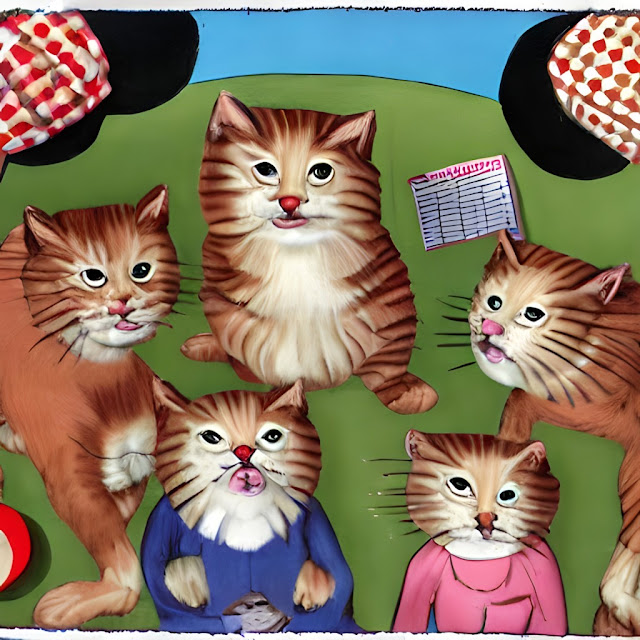Stock photo from discogs above of actually quite terrible cover of this quite unusual LP from 35 years ago. It took three people to do this design and Hugo Race was one of them. Why the eye but more importantly why Hugo Race's face in the eye? He was not the band, as this album very comprehensively shows. Worse, why the brown marbly mottling under the band name? Weird as.
Side one begins with 'Everlasting Sleep' which is a very obvious single sitting right at the beginning, 'let's get the hit out of the way OK'. Just to illustrate what a single it is there's a synth-horn (?) 'organ' line that is made completely of cheese, in fact, Kraft singles. A lot of Hugo Race's one chapter about the Wreckery in Australia, 1986, in his Road Series is about playing beer barns and being courted by Mushroom Records. Which is interesting, but also at the same time not interesting. Presumably it's the group's capacity to write tracks like this that made them attractive to Gudinski, though, in the wake of the way they (Mushroom) ruined their relationship with the Boys Next Door. This song could have been a crooner's chart attempt recorded at Festival in 1965. It's that good!!!
The second song 'Hometown Exile' could have been in the Plays with Marionettes set as a kind of 'the audience will get this right away' - I guess it's a kind of boogie with a rave up, you could get AI to make one of these now with a prompt about 'Prayers on Fire outtake with Scrap Museum and Fats Waller notes, perhaps find a way to suggest a slight injection of attempted, but failed, wry self-pity'.
It's the third song where things really hit a roll, and that's all down to Robin Casinader I have to say. 'Body Like a Stone' is a sole composition from Casinader and musically it's in a respectable holding pattern but it's the rhythm that really amazes - the snare accent really jars. You weren't expecting to read that today were you, about an old Robin Casinader song from 1987? But it's true. The snare accent really jars. I can't even entirely tell where it comes but it seems to anticipate the second beat in the bar, like the record's jumping a little, but in fact it's just racing to get there. Robin Casinader is actually a real star in many ways, one of those people who never really got their due it has to be said although I suppose he is known to a little coterie (but not necessarily appreciated that much even within that coterie). If he's known for anything, people don't think about his drumming, they think about his keyboards (and how he used to hold up the Coral Snakes sets sifting through floppy discs for particular songs, I mean no disrespect, it wasn't his fault). This 'Body Like a Stone' is a very clever song with that rhythm which is firstly jarring but secondly really attention-grabbing but it's also a very artful piece of songwriting - much more abstract and allusive lyrics than the usual Hugo Race fare as well (there's a place for that though, and it often works, not saying it doesn't). More than a palate cleanser it's the real backbone of this side of the LP.
The fourth song, 'The She-Wheel', I mean what the fuck. I guess things have to be called, and about, something. I suppose it's about a man rooting a woman but perhaps it's also about being a man and being tired of your woman? Or was that the Piña Colada song. This is the kind of song that most people think of when they think of a generic Wreckery song. It's not without its value, it's dynamic and has its moments but it's so weird that Race's memories of the Wreckery are all about a band pulled two ways between those who wanted to sell out and those who wanted to stay true to themselves and that this presumably constituted being 'true', but it comes out as so generic, at least, superficially so. The AI prompt for this one would be 'Rowland S. Howard but the S. stands for Someonewentthroughandinsertedthesoundofatourvandoorslammingthroughout.' Charles Todd shines on this (and you are certainly left wondering why he wasn't put to the fore on 'Everlasting Sleep' where he could have really ramped up the sleaze and dialled down the cheeze). Race goes through his vocal paces in ways that make it very clear why he has always been lauded, and resented, for his charisma. But, you know, if someone played you this and said 'this is a song that the Wreckery left off their second album', you'd probably be like, 'hmm, I see why, if you hated the Wreckery this could be kind of a joke about the Wreckery, they're just going through their paces aren't they'. It even has I think a kind of scream at the end. Oh, and bells ffs.
'Seven Days Spell' is the last track on this side, with music by Edward Clayton-Jones and given greatest prominence in the lyrics on the inner sleeve. Musically, a pretty delectable piece of writing, and HR rises to the challenge providing some kind of mad muttered interior monologue. It remains for RC to draw out some of the nuances with spare, but utterly appropriate, piano rumbles on occasion.
See, I can still write in my old fanzine nonsense way when I'm moved. I always liked Hugo Race, btw, I think he was kind of hindered by his Nick Cave experience for a while though he has, ultimately, moved a long way beyond that. I really liked the Wreckery when they were around (though I probably liked Plays With Marionettes more; but who knows why, might have been my youth and impressionability aged 17 as opposed to Wreckery shows where more than anything I remember the incredibly glamorous girlfriends setting up the equipment beforehand at the Piccadilly in Kings Cross like some kind of real world version of Robert Palmer's 'Addicted to Love'.
Writing 'Kings Cross' reminds me: what the fuck is it with the lack of apostrophe on this album title? I have tried to imagine how it might make sense without an apostrophe but you know what the way it seems to make the most sense is 'we made a mistake'. The fact that there is also a song called 'Seven Days Spell' and elsewhere on the lyric sheet, though they happily use apostrophes to properly sculpt all their strangled Americanisms, they don't use them possessively. Sick.




















